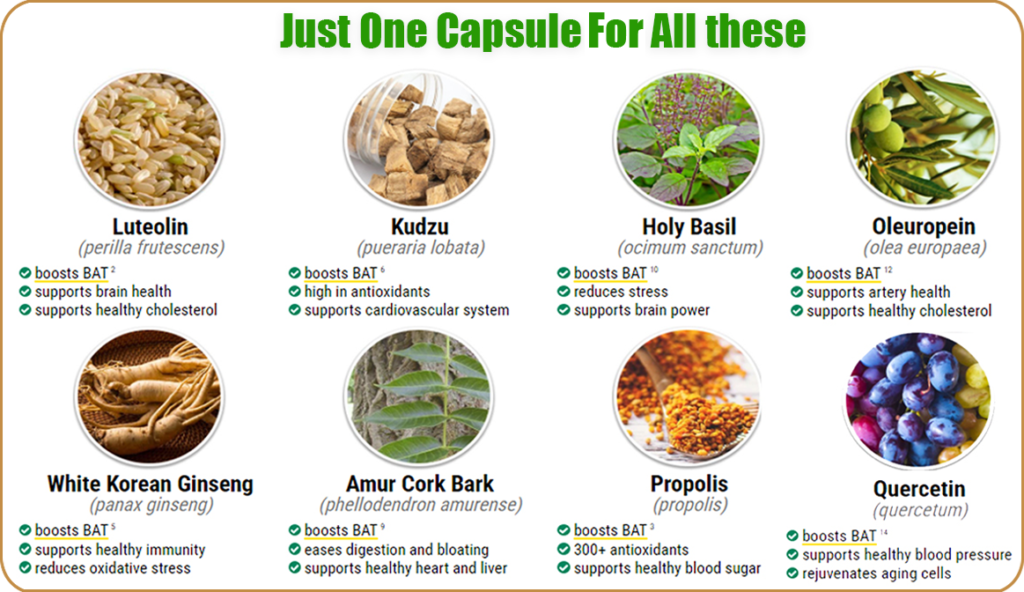![]()
![]()
![]()
![]()

In the complex picture of being healthy overall, mental health stands as a cornerstone, influencing every aspect of our lives. The pursuit of mental health improvement is not a one-size-fits-all endeavor but a nuanced journey requiring attention, compassion, and a commitment to self-discovery. This comprehensive blog post aims to guide individuals through the terrain of mental health improvement, offering practical strategies and insights for a more resilient and flourishing mind.
Mind-Body Connection: Mental health is intricately connected to physical well-being. Recognizing the symbiotic relationship between the mind and body is crucial for achieving a harmonious balance. Lifestyle factors such as nutrition, exercise, and sleep profoundly impact mental health, underscoring the importance of a holistic approach to well-being.
The Spectrum of Mental Health: Mental health exists on a spectrum, encompassing a range of experiences from flourishing mental well-being to various forms of mental health challenges. Acknowledging the diversity of mental health experiences fosters empathy, reduces stigma, and creates an inclusive conversation around mental health improvement.

Mindful Practices: Incorporating mindfulness into daily life is a powerful tool for mental health improvement. Mindfulness practices, including meditation, deep breathing, and mindful eating, enhance self-awareness, reduce stress, and cultivate a sense of presence in the moment.
Cultivating Positive Relationships: Social connections play a pivotal role in mental health improvement. Building and nurturing positive relationships provide emotional support, foster a sense of belonging, and contribute to overall resilience. Investing time in meaningful connections strengthens the social fabric that supports mental well-being.
Balanced Nutrition: The impact of nutrition on mental health should not be underestimated. Consuming a balanced diet rich in nutrients, including omega-3 fatty acids, antioxidants, and vitamins, supports brain function and contributes to mood regulation. The gut-brain connection further emphasizes the importance of a healthy diet in mental health improvement.
Physical Activity and Mental Well-being: Regular exercise is a potent catalyst for mental health improvement. Physical activity releases endorphins, the body’s natural mood elevators, and reduces symptoms of anxiety and depression. Incorporating enjoyable forms of exercise, whether it be walking, dancing, or yoga, contributes to a positive mindset.
Quality Sleep: Sleep is a cornerstone of mental health improvement. Establishing consistent sleep patterns, creating a conducive sleep environment, and prioritizing adequate rest contribute to cognitive function, emotional resilience, and overall mental well-being. Quality sleep serves as a reset for the mind, enhancing its ability to cope with daily stressors.

Artistic Expression: Engaging in creative endeavors, whether through art, music, writing, or other forms of expression, provides an outlet for emotions and fosters self-discovery. Artistic expression can be a therapeutic tool for individuals seeking to navigate and understand their mental health journey.
Therapeutic Modalities: Professional therapeutic support is a valuable resource for mental health improvement. Various therapeutic modalities, including cognitive-behavioral therapy (CBT), mindfulness-based therapies, and psychodynamic approaches, offer individuals tailored strategies for addressing specific mental health challenges and fostering personal growth.
Journaling and Reflection: Keeping a journal allows individuals to explore their thoughts, emotions, and experiences. Reflective practices, such as journaling, provide an opportunity for self-discovery, self-expression, and gaining insight into patterns and triggers that may influence mental health.
Stress Management Techniques: Effectively managing stress is integral to mental health improvement. Techniques such as progressive muscle relaxation, guided imagery, and biofeedback empower individuals to regulate stress responses, promoting a sense of calm and emotional balance.
Self-Compassion and Acceptance: Cultivating self-compassion and accepting oneself, imperfections and all, is foundational to sustainable mental health improvement. Embracing a mindset of self-kindness and acknowledging that mental health is a dynamic and evolving aspect of life fosters resilience and a positive relationship with oneself.
Setting Boundaries: Establishing and maintaining healthy boundaries is essential for mental health improvement. Learning to say no, prioritizing self-care, and creating space for personal needs contribute to a balanced and fulfilling life.
Lifelong Learning and Growth: The journey of mental health improvement is a lifelong process of learning and growth. Remaining open to new experiences, perspectives, and opportunities for personal development enriches the mind and fosters a sense of purpose and fulfillment.
Seeking Professional Support: Just as physical health may require professional guidance, mental health improvement benefits from seeking support. Mental health professionals, including therapists, counselors, and psychiatrists, offer expertise and tailored strategies for individuals navigating the complexities of their mental well-being.
Related posts
In the pursuit of mental health improvement, embracing a holistic approach that integrates mindful practices, positive relationships, balanced nutrition, and therapeutic modalities is key. This comprehensive guide endeavors to empower individuals on their mental health journey, recognizing that each person’s path is unique. Remember, mental health improvement is not a destination but an ongoing exploration, and by prioritizing self-care, fostering resilience, and seeking support when needed, individuals can cultivate a flourishing and resilient mind.